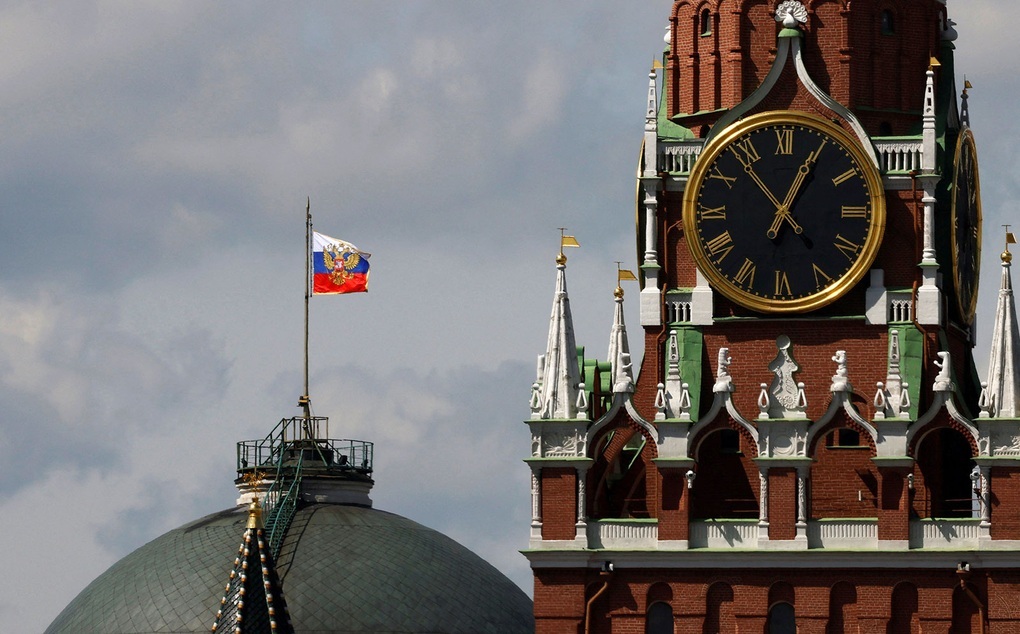
The West has frozen hundreds of billions of dollars in Russian assets abroad (Photo: Reuters).
The European Union will not be able to seize funds from the Russian central bank to transfer to Ukraine, a senior EU official said, Reuters reported, citing a lack of consensus among EU members on the risky move.
The US and its allies froze about $300 billion in Russian state assets in 2022 after the conflict in Ukraine broke out. Kiev has repeatedly called on the West to seize the money and return it to Ukraine.
“There will be no seizure of Russian assets. There is no agreement on this issue among EU member states,” the source said.
Such an asset seizure would be seen as unprecedented. It could also raise concerns among investors around the world that their money is not safe in the EU.
"We need to be very careful with that proposal," Belgian Finance Minister Vincent van Peteghem told reporters. "I think it is important that what is put on the table is legally sound and that we avoid any impact on financial stability."
Luxembourg Foreign Minister Xavier Bettel told Reuters he was "very cautious" about seizing Russian assets because of concerns about legal consequences.
Another concern for the EU is that most of Russia’s currently frozen assets — some $200 billion — are held at the Belgium-based Euroclear clearinghouse. Russia has repeatedly warned the US and its allies that Moscow has access to $288 billion in Western assets, much of which belongs to Euroclear.
If tit-for-tat asset seizures occur, Euroclear will face a major challenge and the EU could suffer the consequences.
The frozen Russian assets are still generating interest and the European Commission last month proposed seizing the money and transferring it to Ukraine, while keeping the principal.
According to Reuters, this figure could reach 17 billion euros ($18.5 billion) in the next four years.
Source


![[Photo] Many young people patiently lined up under the hot sun to receive a special supplement from Nhan Dan Newspaper.](https://vphoto.vietnam.vn/thumb/1200x675/vietnam/resource/IMAGE/2025/5/18/6f19d322f9364f0ebb6fbfe9377842d3)


![[Photo] Party and State leaders attend the special art program "You are Ho Chi Minh"](https://vphoto.vietnam.vn/thumb/1200x675/vietnam/resource/IMAGE/2025/5/18/6895913f94fd4c51aa4564ab14c3f250)
![[Photo] Ready for the top competitions of Vietnamese table tennis](https://vphoto.vietnam.vn/thumb/1200x675/vietnam/resource/IMAGE/2025/5/18/9c547c497c5a4ade8f98c8e7d44f5a41)



























































































Comment (0)